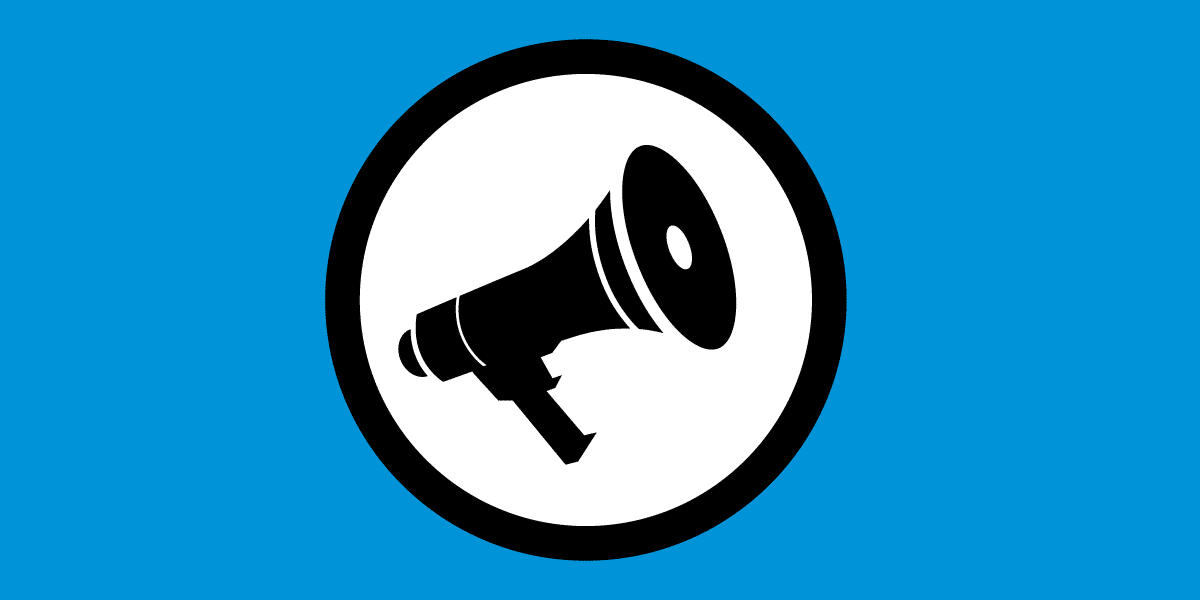Sure! Here’s the translation:
—
The recent one-month suspension of the independent Tunisian media outlet Nawaat by the government has raised deep concerns among those who remember the promises of dignity, democracy, and press freedom that emerged during the Arab uprisings. The decision, communicated discreetly and without formal notice, is justified under Decree-Law 2011-88, but goes beyond a mere bureaucratic procedure, representing a warning against the very idea of independent civic life.
The suspension was revealed to Nawaat members when they found the order slipped under their office door. Despite having complied with all legal requirements stipulated by Decree 88, which once symbolized a post-revolutionary opening, the authorities are using this law as a tool of control. The Nawaat team has reported that this action is part of a broader campaign of harassment that includes tax audits and administrative investigations.
Since President Kais Saied consolidated power in 2021, repression has dramatically increased for civil society organizations, journalists, and independent voices. Organizations like Amnesty International have documented a rising number of arrests and shutdowns of NGOs, suggesting a pattern of harassment concealed behind a facade of legality.
Decree 2011-88, conceived in the hopeful context of the revolution, allowed citizens to form organizations without prior approval. However, as time has passed, those protections have been undermined, and they are now used to selectively punish those who dare to question the regime.
The phenomenon unfolding in Tunisia is not isolated; across the region, governments have perfected the technique of silencing dissent without the need for physical repression. From the NGO Law in Egypt to media regulations in Morocco, the trend is clear: fewer critical voices and fewer independent media.
The suspension of Nawaat is a troubling reminder of bureaucratic authoritarianism strategies, where sanctions are subtle and difficult to challenge. Although one month may seem brief, for a small newsroom like Nawaat, this can mean interrupted investigations and a loss of trust from both readers and sources.
Founded in 2004 under the regime of Zine El Abidine Ben Ali, Nawaat has been a vital space for citizen journalism and digital dissent, playing a crucial role in documenting the 2011 revolution. Over two decades, it has gained international recognition, making it a symbol of commitment to freedom of expression.
However, this historic work makes it a threat to the current regime. The suspension seeks to send a clear message: any moment can mean the forced silence of critical voices.
The situation of Nawaat not only affects its members but also has broader implications for the Tunisian people’s right to access truth and accountability. Nawaat’s coverage of corruption and state violence fills the gaps left by government-aligned media, and its silence implies that citizens are stripped of fundamental information.
Despite the challenges, Nawaat has expressed its intention to appeal the suspension in court and has called for international solidarity. The continuation of its work is not just a matter of independence, but a struggle to keep hope alive and defend the right to information in Tunisia.
What is happening in Tunisia today reflects how the ideals of 2011 are being tested in 2025. Nawaat, through its history and resilience, continues to defend its independence and principles, making it clear that it will not be silenced.
—
Let me know if you need anything else!
via: MiMub in Spanish
